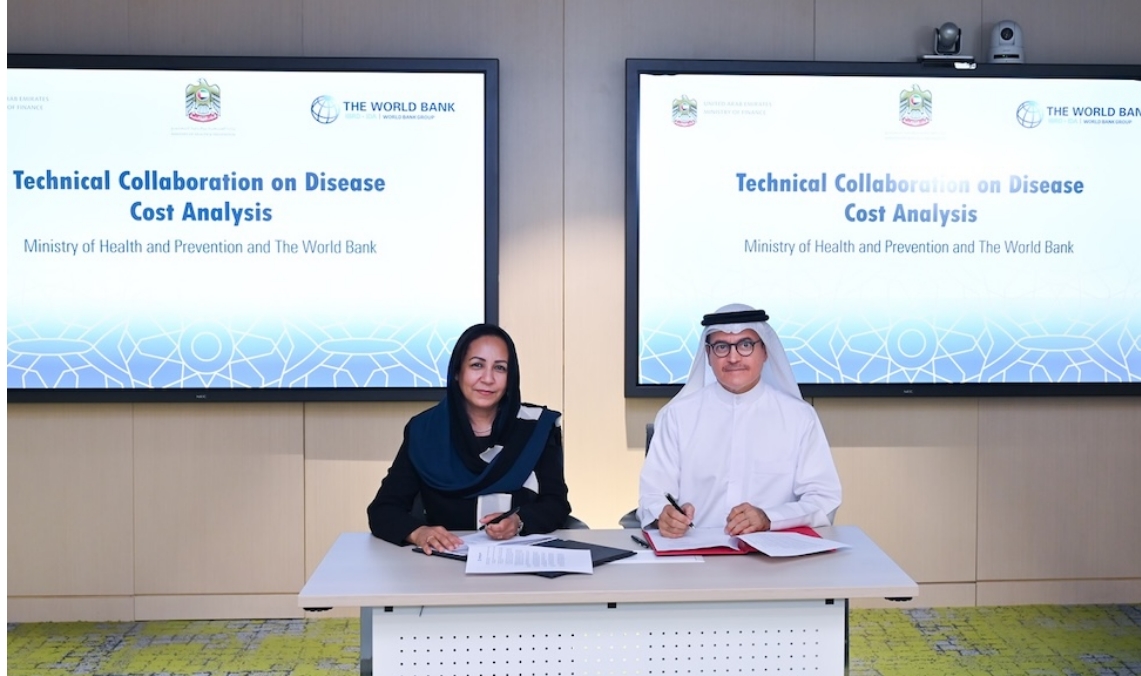Merck inks deal with China's Xian Janssen for type 2 diabetes drug
12 July 2018 | News
China has more than 114 million people living with diabetes, the largest number of any country in the world

Global drug giant, Merck signed an agreement with China's Xian Janssen Pharmaceuticals in Beijing on July 11, to launch type 2 diabetes drug INVOKANA(canagliflozin) in China.
Through this agreement, the two companies will work closely together on future development, distribution, promotion, access, marketing and sales of INVOKANA (canagliflozin) in the country and Merck will hold the exclusive rights for INVOKANA (canagliflozin)'s promotion in China.
"Our mission is to transform 40 million patients' lives in China by 2025. We are very pleased to be collaborating with Xian Janssen, who shares our goal of helping improve the lives of people living with or at risk of type 2 diabetes. Merck has been making continued efforts to expand its portfolio with the aim of providing more high-quality medicines and better treatment options for millions of diabetic patients in China. The introduction of INVOKANA to China reinforces our long-term commitment to China", said Rogier Janssens, Managing Director and General Manager of Merck's biopharma business in China.
INVOKANA (canagliflozin) is a member of a novel class of drugs known as sodium-glucose co-transporter 2 (SGLT-2) inhibitor and was approved in China in September 2017. INVOKANA(canagliflozin) is approved for treatment of type 2 diabetes in combination with metformin or with metformin plus sulfonylurea in adults who have not achieved adequate glycaemic control on these oral therapies.
According to the 2017 International Diabetes Federation (IDF) Diabetes Atlas, China has more than 114 million people living with diabetes, the largest number of any country in the world. Additionally, data from the China Guideline for the Prevention of Type 2 Diabetes (2017 Edition)[2]shows that in China the prevalence of type 2 diabetes among the adult population is 10.4%.
Under the Healthy China 2030 Initiative, health of the Chinese people has been given strategic importance. The Chinese government has gradually introduced a shift of focus from disease treatment to disease prevention.











